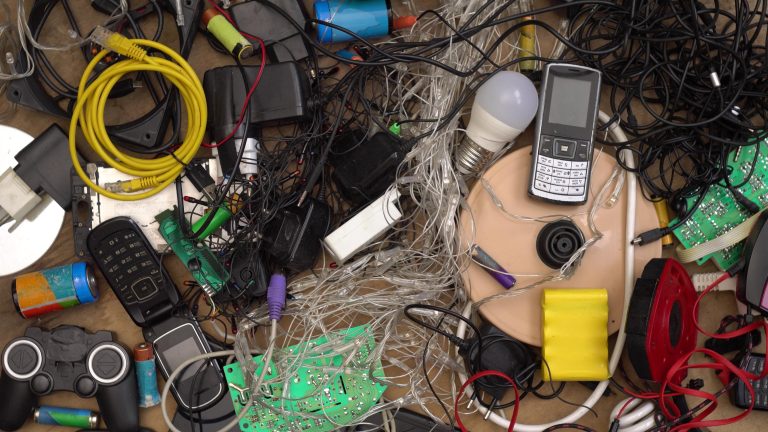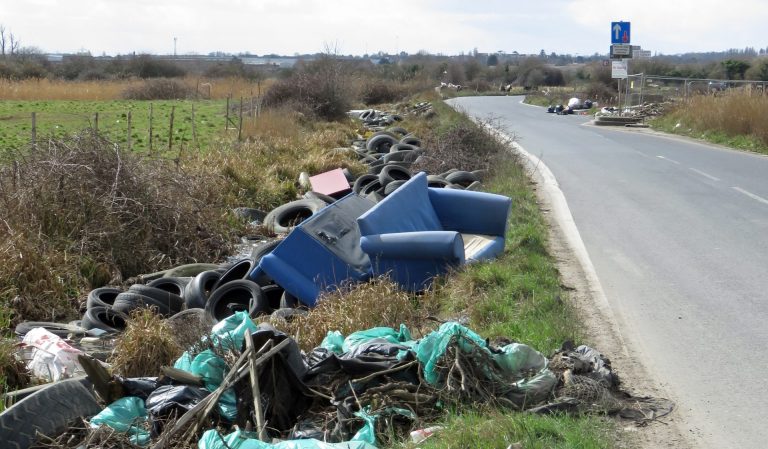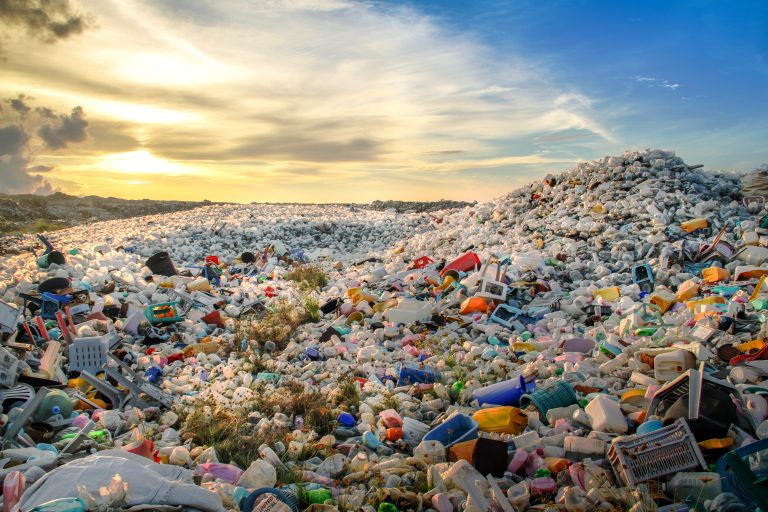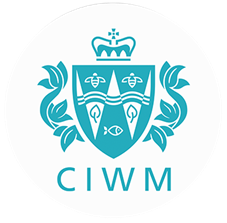In today’s data-driven world, the proper disposal of confidential waste is a crucial aspect of data security. Whether it’s personal information, financial records, or business secrets, improper disposal can lead to identity theft, financial fraud, or corporate espionage. In this blog, we’ll explore what confidential waste is, why secure disposal is essential and how to ensure it’s managed correctly in the UK.
What is Confidential Waste?
Confidential waste refers to materials, such as paper documents or digital media, that contain sensitive or private information. This includes:
- Personal data: such as names, addresses, national insurance numbers and medical records
- Financial records: including bank statements, credit card details, tax returns, and other financial documents
- Business documents: such as employee records, contracts, intellectual property and trade secrets
- Legal documents: like court filings, legal agreements and confidential communications
If these materials are not disposed of properly, they can result in serious risks, from identity theft to leaks of sensitive business information.
Why Proper Disposal Matters
The proper disposal of confidential waste is essential for several key reasons:
- Preventing Identity Theft
Improper disposal of personal documents can expose individuals to identity theft. Simple items like old bank statements, credit card offers and medical records, if not securely destroyed, can give criminals the information they need to commit fraud. Shredding is a highly effective method to ensure personal data stays protected.
- Protecting Business Interests
For businesses, confidential waste may contain intellectual property, client data, trade secrets, or sensitive business strategies. If this information is leaked, it can cause financial losses, damage a company’s reputation, or result in legal liabilities. For example, if customer data or strategic plans are exposed, it could give competitors an unfair advantage or even lead to regulatory sanctions.
- Legal Compliance
In the UK, businesses are required to comply with regulations like the General Data Protection Regulation (GDPR), which mandates that personal data must be securely destroyed when no longer needed. Failure to comply can result in substantial fines and legal consequences. Secure disposal of confidential waste ensures that businesses meet their obligations under data protection laws.
- Environmental Considerations
Improper disposal of paper documents that are not recycled properly can harm the environment. By choosing eco-friendly shredding services and recycling shredded paper, businesses and individuals can minimise their environmental impact.
How to Dispose of Confidential Waste Securely
Disposing of confidential waste securely requires more than simply throwing documents in the bin. Here are several methods to ensure that sensitive information is properly destroyed:
- Shredding
Shredding is the most common and effective method for destroying paper-based confidential waste. Shredders come in various types, from basic strip-cut models to more secure cross-cut or micro-cut versions. For businesses, investing in high-security shredders is vital to ensure that documents cannot be reconstructed.
For larger volumes of confidential waste, consider outsourcing shredding to a professional service. Many companies offer on-site or off-site shredding and provide certificates of destruction, giving businesses peace of mind that their documents have been securely destroyed.
- Document Destruction Services
For organisations dealing with large amounts of confidential waste, professional document destruction services are ideal. These companies specialise in the secure destruction of paper records, hard drives and other materials. Reputable service providers ensure compliance with data protection laws and issue certificates of destruction for legal and compliance purposes.
- Digital Data Disposal
In the digital age, confidential waste isn’t limited to paper documents. Old hard drives, USB sticks, CDs and other digital storage devices may contain sensitive data. Deleting files from a device doesn’t guarantee it’s fully erased, as data can often be recovered. Therefore, secure data destruction services such as degaussing (erasing magnetic data) or physically destroying hard drives are essential to prevent data breaches.
- Recycling
Once confidential waste has been shredded or destroyed, recycling should be a priority. Many professional shredding services offer secure recycling of shredded paper. Ensure the service you choose complies with environmental standards, such as ISO 14001, to guarantee eco-friendly disposal.
Best Practices for Managing Confidential Waste
To effectively manage confidential waste, businesses and individuals should follow these best practices:
- Create a Clear Policy: Establish a policy for handling confidential waste, ensuring employees understand the importance of secure disposal and follow proper procedures.
- Use Secure Storage: Until disposal, sensitive documents should be stored in locked bins or cabinets to prevent unauthorised access.
- Monitor Disposal Practices: Train employees on secure disposal methods and regularly review your procedures to ensure compliance.
- Choose a Reliable Service Provider: If outsourcing, select a reputable and certified service provider that adheres to UK data protection and environmental standards.
Proper disposal of confidential waste is critical for protecting both personal and business information. Secure disposal methods, such as shredding and professional document destruction services, help prevent identity theft, data breaches and legal issues. By adhering to best practices and using certified services, you can ensure your sensitive information remains secure and compliant with UK privacy regulations, including the GDPR.
In a world where data is increasingly valuable, secure disposal is not just a best practice, it’s essential for safeguarding privacy, maintaining trust and ensuring compliance with data protection laws.














